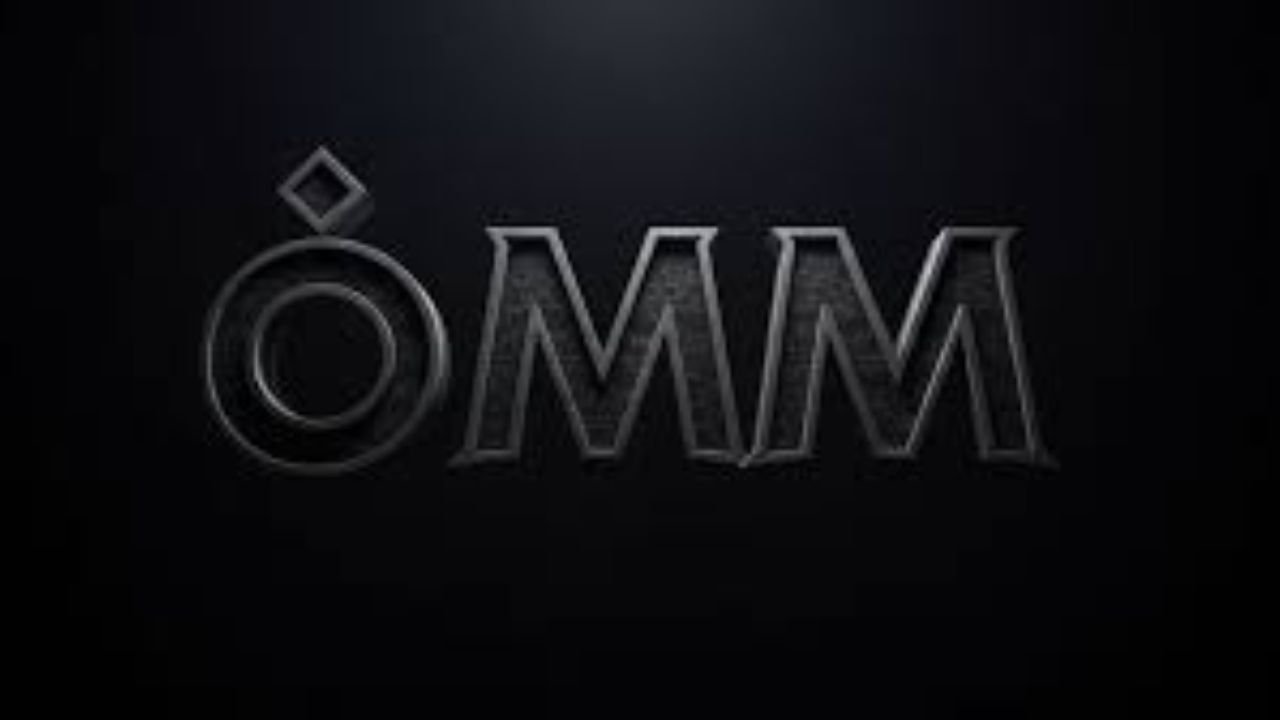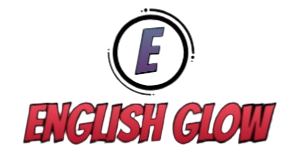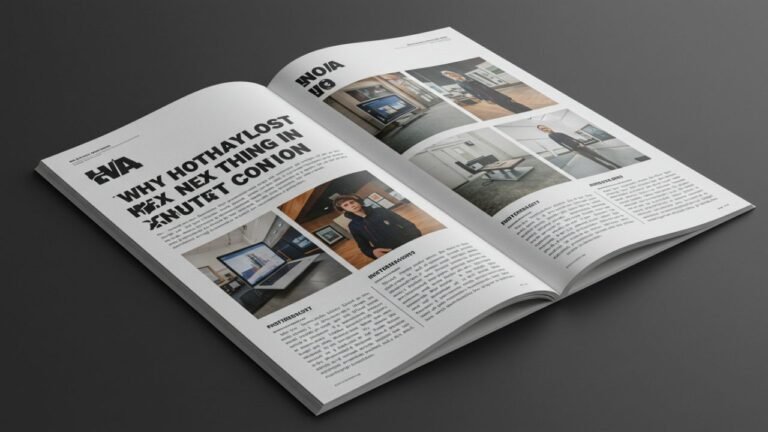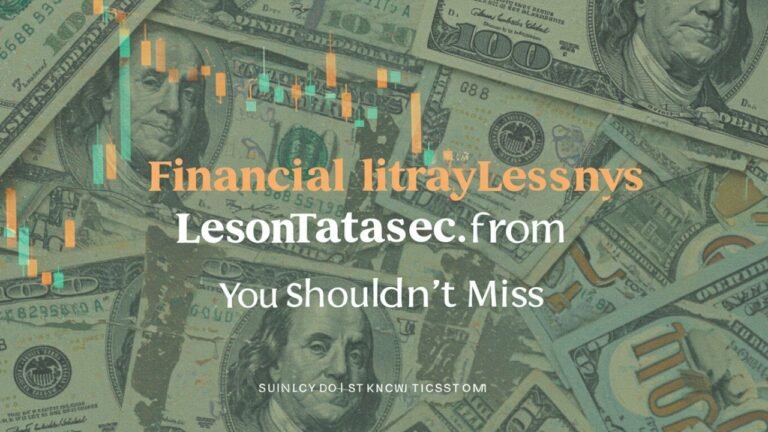
ómmb
Introduction to Ómmb
The term ómmb has been appearing across online platforms, sparking curiosity about its meaning and uses. Unlike common expressions, ómmb carries a distinctive style and identity that captures attention immediately. In a time where originality and uniqueness are highly valued, ómmb is gaining recognition as a symbol of individuality, creativity, and modern culture. This article explores what ómmb represents, its possible origins, and how it is applied in today’s world.
Understanding the Concept of Ómmb
At first glance, may look like a stylized word or coded expression. Its uniqueness is precisely what makes it intriguing. While traditional terms are often tied to specific definitions, ómmb is more fluid. It can function as:
-
A symbolic identity in online communities.
-
A distinctive brand or creative project name.
-
A cultural expression representing individuality.
This flexibility allows people to use in ways that align with their personal or professional identity.
Origins and Development of Ómmb
The origins of are not rooted in a single language, but rather in modern digital evolution. Internet culture has long been known for reshaping words and creating new forms of expression. falls into this category it is unconventional yet catchy, making it appealing to younger generations and creative thinkers.
As online communities grow, unique terms like often spread quickly because they stand out in an ocean of repetitive content. Its adoption in various contexts demonstrates how language adapts to digital trends.
Ómmb in Digital Identity
One of the strongest applications of is in the realm of digital identity. Whether used as a username, a social media tag, or a brand name, ómmb instantly establishes originality. In crowded spaces like Instagram, TikTok, or YouTube, having a rare identity helps individuals and businesses stand out.
Since ómmb is not overused, it provides excellent opportunities for SEO (search engine optimization). Websites, blogs, or channels using as part of their identity are more likely to appear in unique searches, increasing visibility.
Cultural Importance of Ómmb
Beyond digital use, it has cultural undertones. It represents a blend of global communication styles, where letters and sounds from different languages come together to create something new. This fusion makes ómmb a word that reflects modern culture—fluid, diverse, and borderless.
Artists, writers, and content creators have started embracing terms like ómmb to highlight originality. Its adaptability means it can symbolize creativity, authenticity, and the idea of being different in a world where sameness is common.
The Symbolism of Ómmb
Why do people resonate with ómmb? Part of the reason is its symbolic value. It is seen as:
-
A representation of uniqueness.
-
A mark of authenticity.
-
A creative identity that resists convention.
Many online users associate ómmb with originality and individuality, making it more than just a word—it becomes a personal or cultural statement.
Ómmb in Branding and Business
For businesses, originality is the foundation of strong branding. A name like ómmb is instantly memorable because of its rarity and style. Startups, creative agencies, or digital brands looking for unique names could benefit greatly from adopting a term like this.
Marketing experts often suggest that uncommon words build stronger recognition and loyalty. Since has little competition in online searches, it can give brands a powerful edge in digital marketing campaigns.
Why Ómmb Appeals to Today’s Generation
Modern audiences, especially Gen Z and millennials, prefer originality over conformity. appeals to them because it feels fresh, authentic, and adaptable across different platforms. In gaming, music, art, and social spaces, unique terms like ómmb help individuals create distinct online personalities.
Younger generations often drive cultural trends, which means could gain even more traction in the coming years. Its flexibility ensures it can remain relevant despite changing digital trends.
Future Outlook of Ómmb
Looking forward, is likely to expand its influence as more people search for creative identifiers. As digital branding, content creation, and online identities continue to evolve, words like will play a bigger role in shaping how individuals and businesses present themselves.
It has the potential to grow from a niche identifier into a mainstream cultural term—used in branding, art, music, and even broader communication.
Conclusion
The rise of highlights the evolution of modern language and identity. It is not tied to rigid definitions, but instead symbolizes originality, adaptability, and individuality. Whether used in digital spaces, branding, or cultural conversations, stands as a reminder that creativity thrives in uniqueness.
As society continues to embrace diversity in communication, will likely become a stronger part of global digital culture. For anyone seeking to stand out in today’s competitive world, its represents more than just a word it is a gateway to building a distinctive identity.




